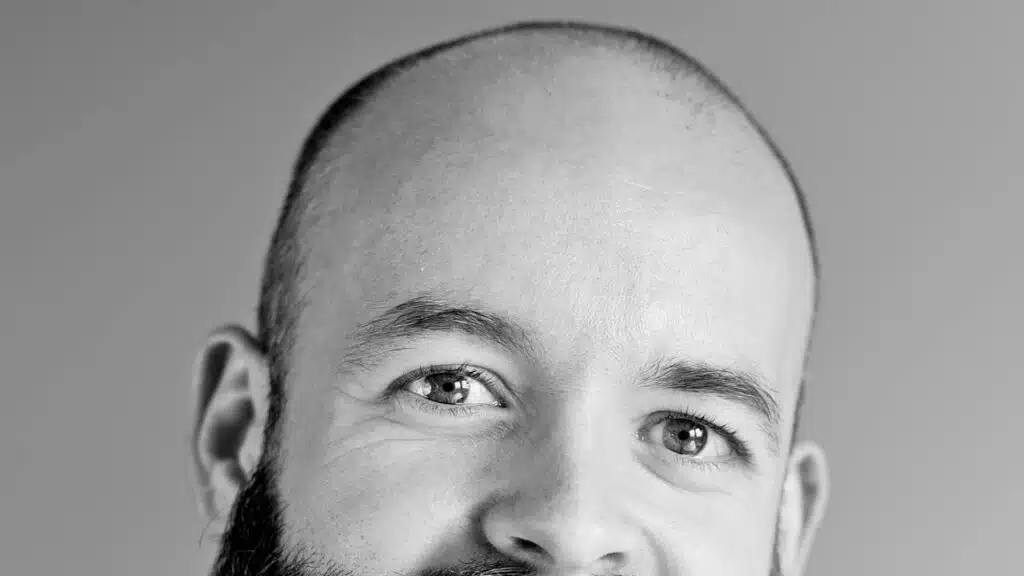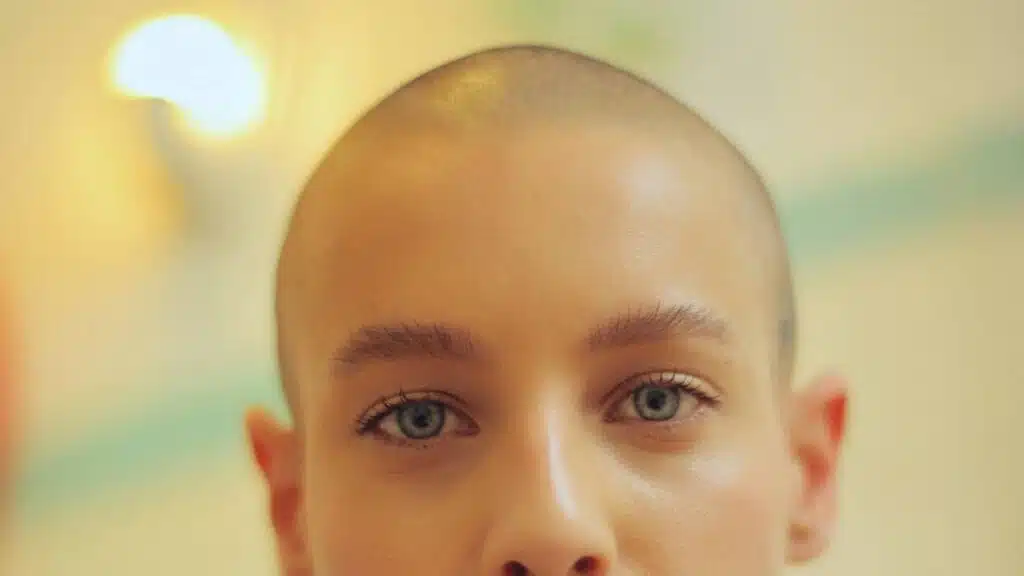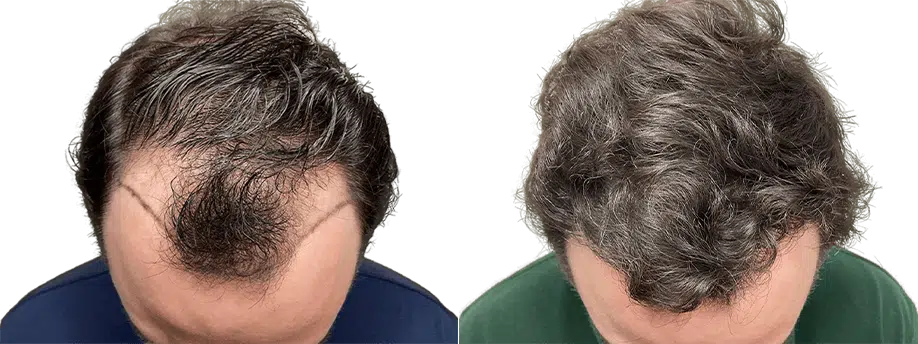What to expect after a hair transplant
A deeper understanding of what to expect after hair transplant surgery is very vital. By doing so, you will find that hair transplant post-op guidelines are not difficult to follow. Moreover, the responsibilities of taking care of the transplanted hair. Thus, you will enjoy a far greater likelihood of the outcome because of your diligence.
Furthermore, you should adhere to many critical guidelines. In addition, you should take care of your transplanted hair. Thus, you should do it continuously during the period following a hair transplant. So, you can make sure to achieve the best possible outcome from a hair transplant method like:
What Should You Expect After a Hair Transplant Surgery?
Most patients pose the same questions about what to expect after a hair transplant. Also, the majority of them tend to focus on expectations for the time that follows the treatment.
Here are some of the most common concerns about hair transplant post-op:
- What is the degree of pain?
- Will there be potential swelling associated with the procedure?
- Do they have to take time off from work after the surgery?
- What is the length of the recovery period?
- How long will it take to see the results of their hair transplant?

After all, this is a very exciting process. Yet, many patients are anxious in getting a full understanding of the treatment. Thus, they need to know how much it can contribute to their overall appearance.
What to expect after a hair transplant surgery means that there is a great deal of concern about the precautions. Moreover, you want to know what the most necessary care you need to do is. So, you can preserve the hair transplant in the days that follow the procedure. So, the quality of the result is not affected by a lack of appropriate post-operative care.
How Is the Level Discomfort and Swelling Following a Hair Transplant Procedure?
The level of discomfort and swelling felt after the surgery varies from patient to patient. Thus, the pain scale varies to a certain degree.
Hair Transplant: Will it hurt?
Regardless of the case, your doctor will do everything within their power. Therefore, they can mitigate the potential pain. Alternatively, lessen the swelling throughout the entirety of the hair transplant process.
In addition, doctors will always do all that they can to ensure the comfort of their patients. Different aspects of hair transplants are more likely to result in some degree of pain. Thus, there will be swelling following the completion of the transplant.
Those who undergo FUT are more likely to experience a greater degree of discomfort. Moreover, the swelling surrounding the donor and recipient site is greater as well. While patients that choose FUE hair transplant experience less discomfort and swelling.
What to Expect After a Hair Transplant Surgery?
This is not to say that there will be significant pain with FUT. Nonetheless, FUE is the more comfortable option by a wide margin.
Rather, we are pointing out one of the advantages of FUE transplant. It happens that the latter is less invasive compared with the Follicular Unit Transplant (FUT) option.
Regardless of the procedure you choose, there will still be slight discomfort. More so, you can still experience slight discomfort in the transplanted area. Additionally, the transplanted area will remain sensitive following the procedure. Thus, you should treat it with great care to ensure the best possible result.
Meanwhile, the degree of sensitivity varies from patient to patient. Even if you experience little sensitivity, you should adhere to post-op care. Your doctor will give a hair transplant post-operative care guidelines to you.
What is the Discomfort Level After a Hair Transplant?
Thus, there will be no accurate method to predict the degree of pain you may experience. Thus, the hair transplant method is minimally invasive. Therefore, it only involves very little discomfort with the use of a local anesthetic.
Some patients report a fairly broad spectrum whether they felt pain after a hair transplant. Thus, many patients feel nothing at all or the slightest bit of discomfort. While others may feel a sense of general unease for a day or two following the procedure.
That is why it is vital to prepare yourself for the full range of possibilities for hair transplants. You need to know that there is a very high chance that you will experience very little discomfort. That is if there is any discomfort experienced at all.
How Many Days Are Necessary to Take Off From Work After a Hair Transplant?
The number of days taken off from work is up to the patient. Although, decision depends to a large degree on the patient’s preference of FUE or FUT.
For a Patient Undergoing the FUT Procedure:
You may find that a fair amount of rest is the best way for FUT. This is to ensure that the transplanted hair follicles are adequately protected. In addition, it ensures that the recipient site is not exposed while it is still at its peak level of sensitivity.
With the FUT procedure, it is up to you whether you will need to take time off from work. Yet, the doctor will recommend that you should allow some time to be devoted to recovery. This is to ensure that you achieve the ideal transplant outcome.
At the very least, you should understand that a full return to activity should be delayed by a few days. This is to ensure that the transplanted follicular units are as strong as possible. Therefore, it yields the result you are seeking.
For a Patient Undergoing the FUE Procedure:
The FUE hair transplant procedure is less invasive than the FUT procedure. More so, it is even possible for you to return on the day after the first session. Then, undergo a second hair transplant session.
The FUE procedure is indeed minimally invasive. Thus, it enables a faster return to activity than the FUT procedure. Oftentimes, some patients underestimate the time needed for recovery. Thus, they immediately go back to their normal activity. In addition, they do not bother to take the need for recovery seriously enough.
What to Expect After a Hair Transplant Surgery?
This is not to imply that the patient should do nothing at all following the procedure. Besides, it is acceptable to be somewhat active in the days that follow. It is wise to reduce the normal level of activity for a few days following the procedure.
Thus, you can return to work the day after the procedure. Then, take everything easy after the hair transplant session. Alternatively, you can opt for a single day off to relax. Then, unwind following the completion of the procedure.
Many patients can avoid missing too much work or even missing any work at all. They just schedule their appointment near the end of their workweek. Some are leaving the weekend off. So they can provide ample time for recovery without requiring any time off.
How Long Is the Recovery Period After a Hair Transplant Surgery?
There are different stages of recovery when it comes to a hair transplant procedure. In addition, the FUT and FUE procedures are different when it comes to the general recovery timeline.
FUT Hair transplant recovery period:
The Strip Hair Transplant technique does involve the need for sutures. Thus, it must be removed after some time and this will last no more than a week.
FUE Hair transplant recovery period:
The FUE procedure does not rely on the use of sutures. Therefore, it often results in a more timely recovery process.
For the recovery process, this is where the differences between the two procedures end. Because the general recovery timeline tends to align with the other recovery considerations.
Furthermore, expect that the healing process include some level of skin sensitivity. Thus, these sensitivities may last for several weeks after the hair transplant procedure. Besides, not all patients experience sensitivity for the full duration of this period. Yet, there is no harm in protecting the skin by taking every precaution possible. Even if the skin ceases to feel sensitive, you should take extra care.
It may take several weeks for the skin to fully heal, and then return to its normal level of sensitivity. Still, you do not have to be completely inactive during this time. It is fine. You need to continuously protect the skin. The newly transplanted follicular graft should be taken care of as well. Then, the healing process should be an entirely successful one.
What Are the Post-Operative Precautions to Take After a Hair Transplant?
In the days and weeks that follow a hair transplant procedure, there is a great deal that you can do. So, you can ensure to achieve the best possible result by abiding by all post-op precautions.
From the initial consultation up to the day of the procedure, your doctor will go over the precautions that you should follow. Therefore, an exceptional outcome is most likely to be assured.
More importantly, you should take great care to follow those instructions explicitly. Because the doctor will be basing his or her advice on the specific procedure. Moreover, he will base on the individual needs of the patient in question.
Even so, there are some general guidelines for patients to follow. This is to ensure their recovery goes smoothly. In addition, to ensure their hair transplant experience is everything they had hoped.

What to Expect After a Hair Transplant Surgery: Hair Transplant Post-Operative Care
Protecting the newly transplanted hair after a hair transplant procedure should be obvious.
Protect Your Newly Transplanted Hair From the Sun.
Many patients wear a loose-fitting cap of some sort. They opt for the discreet look and adequate protection offered by this cap.
To ensure full protection, the cap should not rub against the grafts. Otherwise, there is a risk of inflicting some level of trauma on the new follicular units. Because this would be the height of counter-productivity.
Once the recipient site has healed to an adequate degree, then, you can opt for using sunscreen. You can apply sunscreen to protect your transplanted hair instead of wearing a cap.
Sleep With Your Head Elevated.
The ideal degree of blood flow to the recipient site should be ensured. For it can also assist in accelerating the healing process at a significant rate.
Sleeping with an extra pillow for added head elevation can ensure the ideal amount of blood flow. So, the healing is properly stimulated. In addition, you need a cautious approach to exercise and exertion. It can help prevent too much blood flow from having an adverse effect.
After the first few days, the patient can return to their normal daily activities. Yet, they should adhere to the completion of a hair transplant procedure.
When Can I Go Back to Work After a Hair Transplant?
Going back to work after a hair transplant is possible in a short time. Particularly if the patient is, diligent in following the hair transplants post-op guidelines.
Of course, adherence to these guidelines is not the sole determining factor. The nature of work and type of hair transplant procedure also plays a role in the recovery period. Moreover, it affects the length of time needed before the patient may be able to return to work.
The FUE procedure offers a significant benefit for patients who do not wish to take time off from work. Patients can return to their normal activity within a day of the transplant’s completion. While this is true, many doctors will still recommend that the patient take a day off from work as a precaution.
What To Expect After Hair Transplant Surgery?
In these kinds of circumstances, it becomes very unlikely that a patient will have to miss any time at all. Also, with the worst-case scenario being a single day off from work.
The FUT procedure may need a bit more time away from work. Because it offers the opportunity to transplant a high volume of grafts in a single session. So, it may also need an extra day or two away from work.
In most cases, the doctor will recommend that the patient commit to at least one or two days off from work. This is to ensure that the grafts are protected right after completing the procedure.
The procedure itself is minimally invasive. Thus, it does not yield much discomfort. Still, most doctors prefer their patients to take it as easy as possible. Most especially during the first few days after FUT transplant procedure has been completed.

